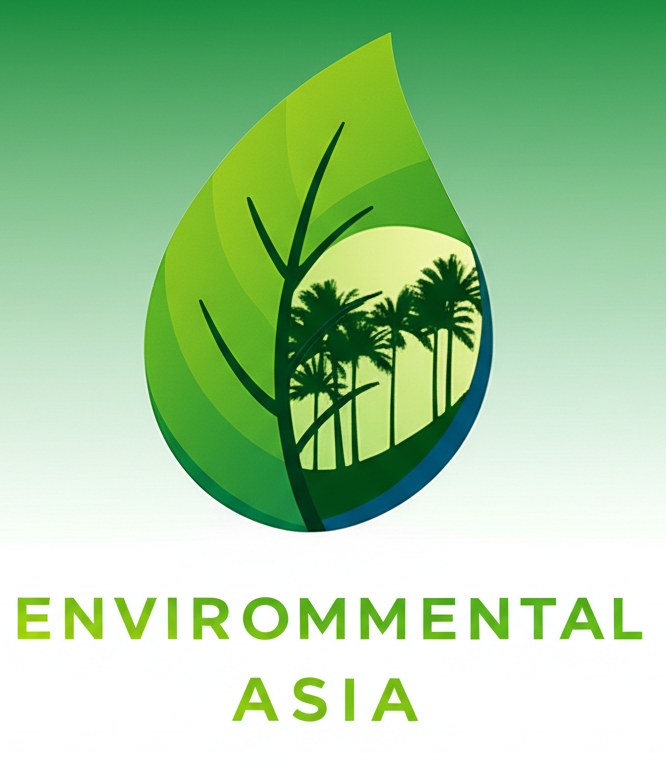Social Forestry is a key strategy of the Indonesian government to reform forest management by providing legal access to surrounding communities and Indigenous Peoples (MHA) to manage forests. This policy aims to reduce poverty, unemployment, and inequality in access to forest resources, while simultaneously ensuring forest sustainability.
Key Schemes of Social Forestry
Through Social Forestry, communities gain the right to sustainably manage and utilize forests. There are five main schemes recognized under this policy:
- Village Forest (Hutan Desa – HD): State forests managed by village institutions for the welfare of the village.
- Community Forest (Hutan Kemasyarakatan – HKm): State forests whose management is aimed at community empowerment.
- Community Plantation Forest (Hutan Tanaman Rakyat – HTR): Plantation forests in production forests developed by community groups.
- Customary Forest (Hutan Adat – HA): Forests located within and managed by Indigenous Peoples.
- Forestry Partnership (Kemitraan Kehutanan – KK): Cooperation between communities and forest managers or permit holders.
This policy is part of the agrarian reform efforts and aims to achieve sustainable development goals (SDGs), with a significant allocation of forest areas targeted for community management. Assistance, facilitation, and training are also provided to ensure effective forest management and improve community welfare.
Generate Audio Overview










